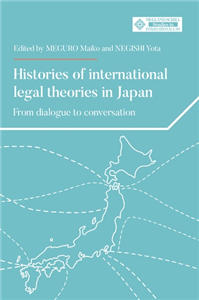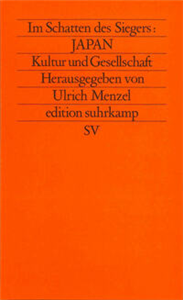Grundzüge einer psychologischen Semantik
Die Art des menschlichen Daseins und Zusammenseins wird in hohem Maße durch zwei Akte gekennzeichnet, von denen wir nur ganz unbefriedigende wissenschaftliche Kenntnis haben: zwar sind wir uns der Tatsache bewußt, daß wir in der Sprache und mit ihr etwas meinen und etwas verstehen, aber wenn wir eine wissenschaftliche Klärung dessen suchen, was denn »Meinen« und »Verstehen« heißen, und was das »Etwas« ist, das gemeint und verstanden wird – dann finden wir entweder ein zwar einheitliches terminologisches Begriffsgefüge, das aber den verschiedenen Aspekten des Phänomens keineswegs gerecht wird, oder wir finden ganz heterogene und divergierende Sicht- und Analyseweisen, die ohne Berücksichtzigung jeweils anderer Positionen von linguistischer, philosophischer und psychologischer Seite herangetragen werden.
Um über Sprachliches sprechen, um etwas über sprachliches Geschehen wissen zu können, kann die Psychologie weder auf die Sprachwissenschaft noch auf die Philosophie der Sprache verzichten. Gerade die Psychologie bedarf der Hilfe dieser anderen Wissenschaften, um nicht in planlosen Empirismus oder aber in leere Begriffsklitterung zu verfallen. Aber auch Linguistik und Sprachphilosophie vermögen eine befriedigende Klärung nicht jeweils allein zu erreichen – sie benötigen die Psychologie, um durch den Widerstand der Realität allzu planvoller Spekulation zu entgehen.
Das vorliegende Buch ist als Grenzüberschreitung par excellence angelegt. Es will dem Leser nicht »ein« System oder Modell des Meinens und Verstehens oder gar der Sprache oder des Sprechens vermitteln, denn solche Modelle könnten beim gegenwärtigen Stand unseres Wissens nur entweder zwar realitätsnah, aber wenig aussagekräftig sein, oder allzu spekulativ. Was dieses Buch anstrebt, ist sowohl bescheidener als auch anspruchsvoller: es will durch ständiges Hin-und-her-Gehen zwischen Linguistik, Psycholinguistik und Sprachphilosophie dem Leser deutlich machen, was er berücksichtigen Sollte, wenn er über Mei































